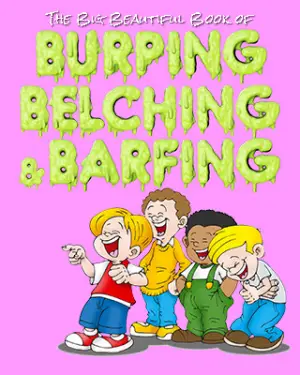I recently finished reading The Women by Kristin Hannah, and it left a profound impact on me. As someone who enjoys historical fiction, the promise of a story centered around women’s experiences during the Vietnam War deeply intrigued me. Being a fan of Hannah’s previous works, particularly The Nightingale, I had high expectations for this novel, and I was not disappointed.
At its core, The Women tells the story of Frances "Frankie" McGrath, a young nursing student who embarks on a journey into the chaos of the Vietnam War. Watching her transition from a sheltered life in Southern California to becoming a nurse in a war-torn country was both heartbreaking and inspiring. The book not only portrays the physical and emotional toll of war but also highlights the misunderstandings and dismissals faced by women veterans upon their return home. This perspective is often overlooked, making the narrative all the more enlightening.
One of the most commendable aspects of the book is its authentic representation of the struggles and camaraderie among the women who served. The vivid descriptions of the hospital scenes felt so immediate that I often found myself holding my breath during intense moments. As noted by other readers, including one who expressed frustration with the disbelief Frankie faced from the VA, the emotional weight of these experiences is palpable and resonated deeply with me. I truly appreciated how Hannah explored the complexity of relationships formed amidst the chaos, capturing them in a realistic light that felt true to the wartime experience.
That said, not everything about the novel was flawless. A few reviewers mentioned that the pacing felt uneven at times, particularly in the second half, where the narrative shifts back to civilian life. While I agree that the transition was jarring, I found it essential for emphasizing the lasting impact of war on veterans. The struggles Frankie faced in adapting back to a changed America and her battles against stigma and ignorance were not just sobering—they were a critical part of the story that transformed the narrative into something larger than just her personal journey.
Additionally, some romantic arcs, while beautifully written, occasionally detracted from the main storyline. One reader pointed out how the love interests felt a bit too neat amidst the surrounding chaos of war. I somewhat agree, as certain relationships felt secondary to the overall theme of the story. Yet, I also feel these aspects added depth to Frankie’s character, illustrating her vulnerabilities in contrast to her growing strength.
Hannah’s storytelling is, as always, compelling. Described as “potent” and effective by The Washington Post, her nuanced understanding of emotions and relationships shines through. The narrative led me through painful yet beautiful moments, and I often found myself thinking about how history shapes us, especially in uncertain times.
In summary, The Women is an important and beautifully written novel that sheds light on the experiences of women in Vietnam, a narrative that deserves to be told. While it has its minor pacing issues and occasional romantic entanglements that could have been more developed, the book’s strengths far outweigh any drawbacks. It’s a testament to resilience and the often unrecognized sacrifices of women in wartime.
If you’re looking for a moving read that explores the intricacies of friendship, love, and the inherent struggles of war, I wholeheartedly recommend The Women. It will linger in your thoughts long after you’ve turned the last page. With a current rating of 4.5 stars, I believe it deserves every accolade it has received.








